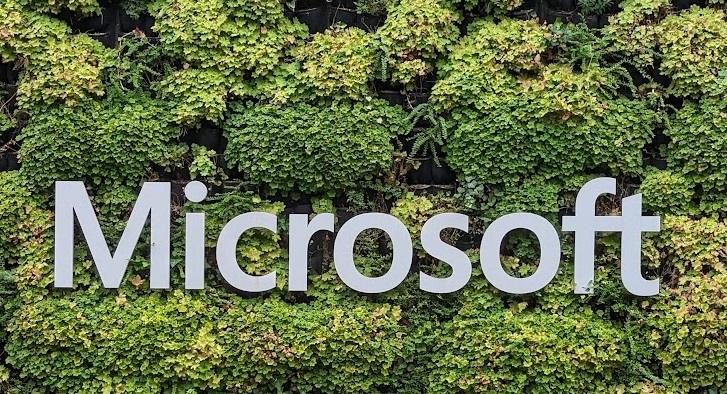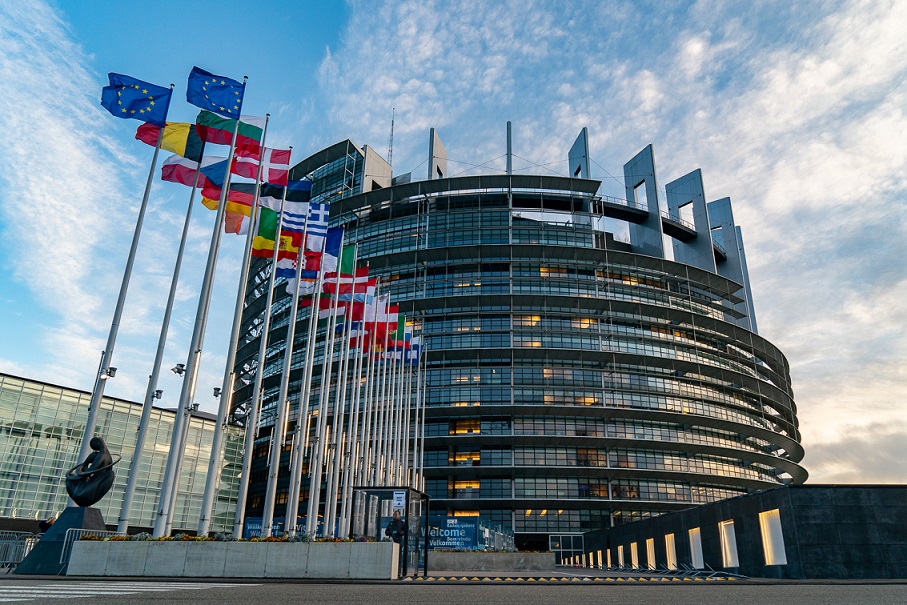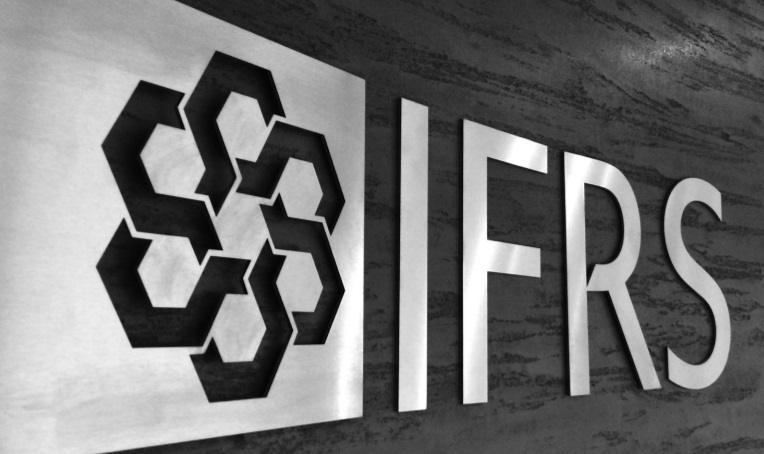Lilly Announces ESG Goals and Transparency Commitments
Global pharmaceutical and healthcare company Eli Lilly and Company (Lilly) announced today its updated ESG strategy, including a broad set of sustainability goals and transparency commitments. The company’s sustainability initiatives address areas including healthcare access, workforce diversity, racial inequality, and emissions and waste.
David A. Ricks, Lilly Chairman and Chief Executive Officer, said:
“Sustainability, which flows directly from our purpose and core values, is integral to everything we do at Lilly and we are keenly aware that how we work is just as important as what we do. While this focus is not new, we are redoubling our efforts—increasing our investment in sustainability, setting new goals and communicating our progress in new ways to all of our stakeholders who want to learn more.”
The company’s ESG strategy focuses on the core areas of Access and Affordability, Diversity and Inclusion, Racial Justice, and Environment. Access and affordability commitments include improving access to quality health care for 30 million people globally living in limited resource settings annually by 2030, and implementing solutions to improve accessibility and affordability in the U.S. for patients who depend on Lilly’s medicines.
Diversity and inclusion pledges include increasing the representation of Black Americans in Lilly’s U.S. workforce, doubling the company’s spend with African American suppliers and vendors over the next two years, and continuing to increase the number of women in management roles globally. Lilly noted that at the end of 2020, women comprised 50% of the company’s global workforce.
On the racial justice front, the company announced a $30 million commitment to the Unseen Capital Health Fund LP to help support minority-owned, early-stage health care companies, and a $25 pledge from the Lilly Foundation, along with 25,000 volunteer hours over five years to combat racial inequality.
Lilly’s environmental goals include 2030 targets to achieve carbon neutrality in its operations, purchase 100% renewable electricity, and enhance its value chain emissions reporting. The company also has 2030 waste management goals including sending zero waste to landfills, and reaching 100% of plastic waste repurposed for beneficial use. Lilly also has goals to preserve water in water-stressed areas, and to protect waterways from pharmaceutical discharges.
Lilly also announced that it is also adopting standard ESG reporting frameworks from the Sustainability Accounting Standards Board (SASB) and the Taskforce on Climate-Related Financial Disclosures (TCFD).
Jim Greffet, Lilly’s Senior Advisor for ESG Strategy, said:
“Lilly has a proud history of sustainability, but today, more than ever, we believe performance in these areas is central to our overall success. Greater transparency is a mandate for all businesses and we are excited to implement standard ESG frameworks to report on our progress.”





